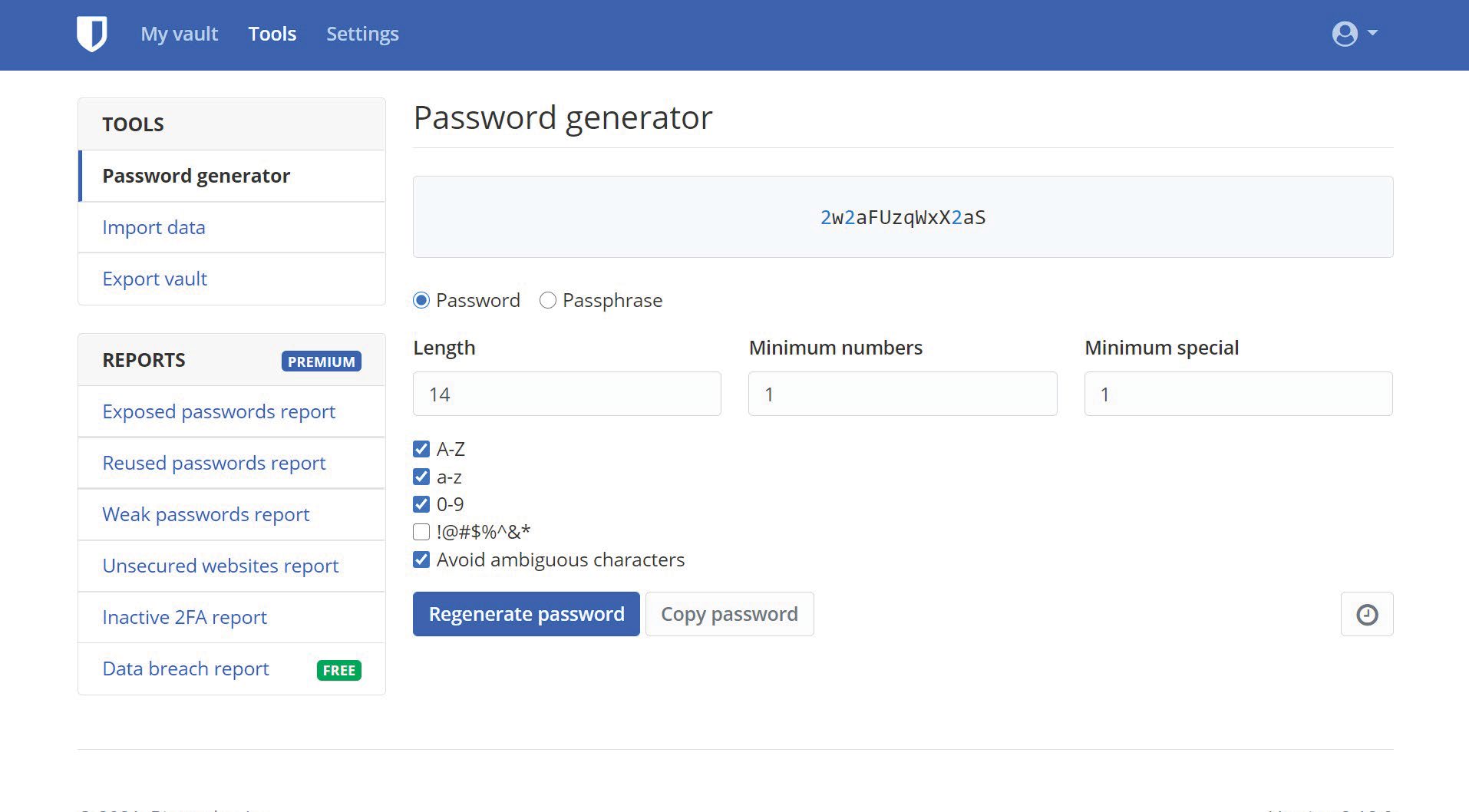

Overall, the two are comparable when it comes to use and performance, except for password sharing, where LastPass is the winner. Plus, the requirement to set up your organization before you can share login information makes it a bit clunky.īitwarden does offer a way to send a secure text with login details, but this feature isn’t the most intuitive, and also requires you to share the actual password, which users may not be comfortable with. You can share passwords with members of your organization, but it’s worth noting that free users are limited to two-person companies only. When sharing passwords, you can set privacy controls to determine whether the recipient can see it or not, enabling you to grant someone access to an account without them ever knowing your credentials.īitwarden is geared more towards businesses than individuals in this sense. LastPass allows its users to share any password between each other, and it will appear in their vault just like a regular password. Where LastPass trumps Bitwarden in terms of ease of use is its password sharing feature. Both are light on extraneous features, making them extremely easy to navigate. With Bitwarden, we found little to distinguish the web and mobile versions. With LastPass, we found the mobile app slightly more straightforward than the web version, with tools like the password generator housed in a more intuitive location. Bitwarden also has a desktop application, but we found the web app was simpler to use. With both Bitwarden and LastPass, it’s easy to set up an account and get started storing your passwords within seconds.īoth Bitwarden and LastPass users can access the service via a web or mobile apps for iOS or Android. LastPass offers a relatively intuitive user experience (Image credit: LastPass) We should be clear that LastPass’s security should more than suffice for the average user, but Bitwarden’s heightened measures and its ability to sync on more than one device make it the winner when it comes to features. Its source code is available in its entirety online, meaning it can be easily audited by third-party security experts. For the security obsessed, this is an excellent feature.īitwarden is an open-source product, which gives it an additional security edge. While neither service stores users’ master passwords to protect their privacy, Bitwarden users have the additional security option to self-host their passwords on their own server. LastPass users can, however, switch their permitted device up to three times. While Bitwarden users can sync their passwords across multiple devices, LastPass users at the free level are restricted to one device, meaning you won’t be able to access your account on both the mobile app and your desktop. However, LastPass’s free service is lacking in a few key areas when compared to Bitwarden.


 0 kommentar(er)
0 kommentar(er)
